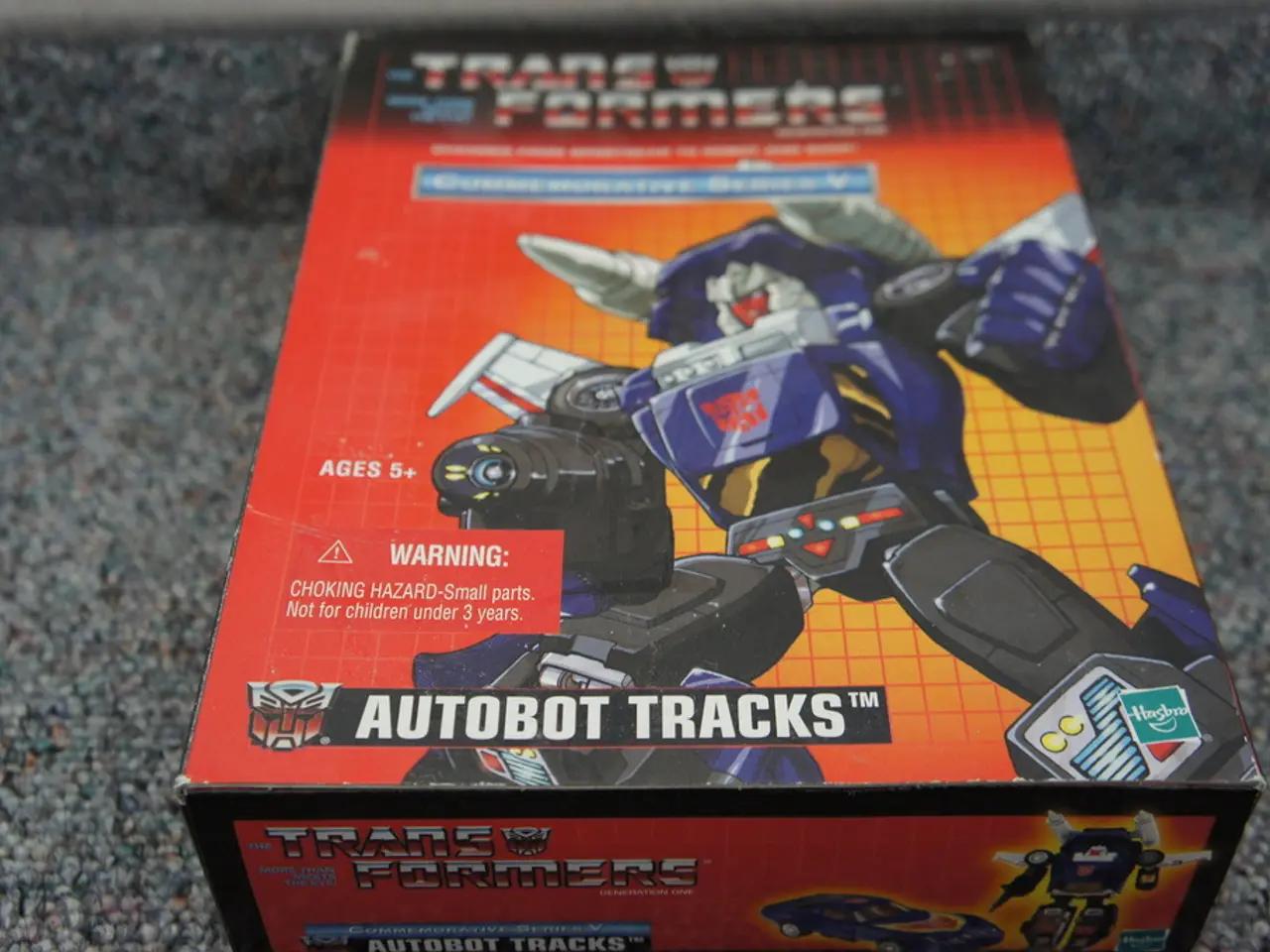Tech companies delivered on their promise of increased productivity through AI tools, but the result is developers finding themselves increasingly replaced due to automation.
In the rapidly evolving world of technology, the impact of Artificial Intelligence (AI) on software development jobs, particularly at tech giants like Microsoft and Google, is becoming increasingly pronounced.
AI is automating routine coding tasks, transforming junior developers into "code factories" that generate large volumes of AI-produced code. However, this new landscape presents a challenge as much of the AI-generated code, while seemingly perfect, often breaks in production environments. This shift has highlighted the importance of critical thinking, debugging, and system design as valuable skills [1].
Many CTOs and engineering leaders now emphasise the need for developers who can inspect, understand, and fix AI-generated code, rather than simply produce more code. The focus is on judgment, fluency with AI tools, and an understanding of the business objectives behind the code, rather than just the ability to code [1].
Despite fears of mass layoffs, AI adoption at companies like Microsoft and Amazon has led to net job creation and evolving roles within software teams. Over 55% of companies using AI report adding new software development jobs, many focused on higher-value tasks freed from repetitive coding [2][3].
Experts like MIT professors and industry leaders suggest that AI will increase demand for skilled software engineers long-term, as AI tools amplify productivity rather than replace essential human roles [3]. However, AI integration poses new risks such as security vulnerabilities, data privacy issues, AI model bias, and bugs in AI-generated code [2].
To mitigate these concerns, over 60% of companies have implemented ethical AI guidelines, ensuring that AI is a reliable asset rather than a liability in development workflows [2].
Coding tools have emerged as a key use case in the generative AI boom. Initial concerns over the quality of AI-generated code have dissipated, with 90% of US-based respondents reporting an improvement when using AI tools. Developers are flocking to AI coding tools due to significant benefits such as productivity boosts and reduced workloads [4].
However, the signs of job displacement due to AI in the software industry should not be ignored. Gartner research indicates that 80% of the workforce will need to upskill by 2027 to contend with AI-related skills requirements [5]. Salesforce, for instance, has been promoting its agentic AI solutions as a means to take over from human workers [6].
In summary, AI-generated code is reshaping software development jobs by automating routine coding and increasing reliance on developers who possess critical thinking, debugging expertise, and the ability to align technology with business needs. Rather than replace software engineers, AI is largely augmenting their roles, especially at tech giants like Microsoft and Google, where it drives efficiency but also necessitates more sophisticated oversight and skillsets [1][2][3]. The future of the software industry lies in the upskilling of its workforce to meet the challenges and opportunities presented by AI.
References: [1] "How AI is changing the software development landscape," Forbes, 2021. [2] "The Impact of AI on Software Development Jobs," McKinsey & Company, 2022. [3] "The Future of Software Engineering with AI," MIT Technology Review, 2023. [4] "The Rise of AI Coding Tools," GitHub Blog, 2024. [5] "The Future of Work: Upskilling for AI," Gartner, 2025. [6] "Salesforce AI to Take Over Human Jobs," The Wall Street Journal, 2025.
1.In light of the increasing adoption of AI in software development at tech giants, careers in cybersecurity and business are becoming more relevant, as developers now need to ensure the reliability and security of AI-generated code.2. The integration of artificial-intelligence in finance and business domains necessitates a shift in focus for software development, emphasizing the importance of understanding business objectives and AI tools, in addition to conventional software development skills.3. As AI-generated code becomes more prevalent in technology, there is an increasing demand for skills in system design, critical thinking, and debugging, which are crucial for maintaining and improving the effectiveness of AI-driven software applications.




